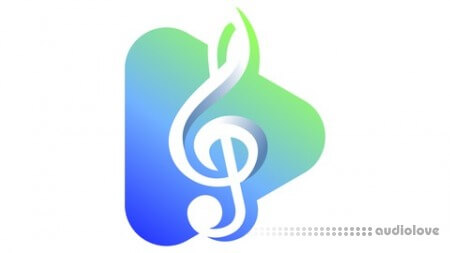Udemy Pymuco: Python For Music Theory, Audio, And Midi Programming

Welcome to the Pymuco course, your comprehensive guide to integrating music theory with Python programming for unique digital music applications. This course is crafted for developers, musicians, and tech enthusiasts who want to delve into the intersection of music and technology. By building music tools from the ground up—without the need for third-party libraries—you'll gain hands-on experience transforming musical notation, MIDI, and audio files directly in Python. From foundational music theory to creating, analyzing, and playing music files programmatically, this course provides a complete toolkit for digital music computation.
What You’ll Learn:
How to apply core music theory concepts directly in Python code
Techniques to convert written musical notation into digital audio and MIDI formats
Build tools for manipulating, analyzing, and synthesizing musical data
Generate and play audio files and MIDI files dynamically using Python
Explore programmatic approaches for accurate audio playback and file creation
Who Should Enroll: This course is ideal for anyone passionate about combining music and technology. Whether you’re a developer eager to expand into audio applications, a musician with a knack for programming, or simply a curious beginner, you’ll walk away with practical skills to apply music computation in innovative and real-world projects. Join us to unlock the potential of Python in the world of digital music!
What you'll learn
Get hands-on with the music computation library to bring musical ideas to life.
Create and play audio and MIDI files with Python
Apply music theory concepts using Python
Manipulate and analyze music data
Home page
DOWNLOAD
